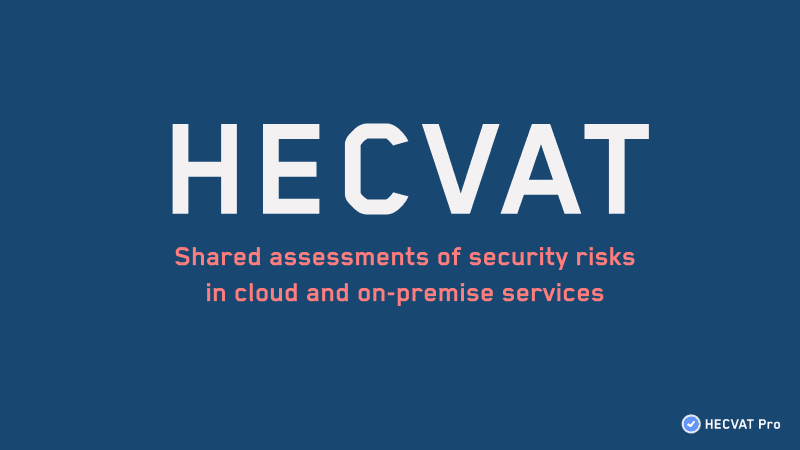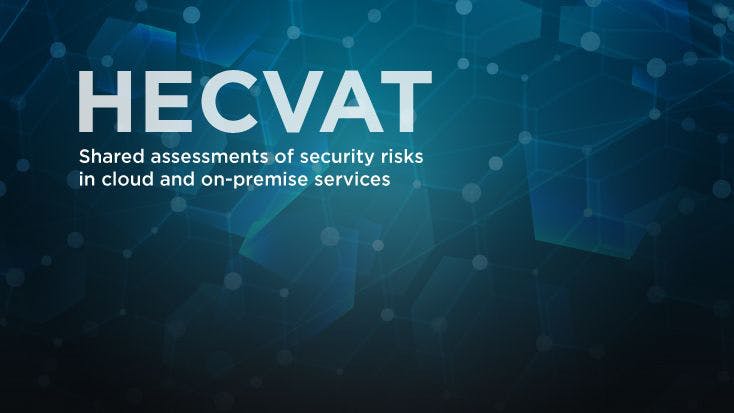Table of Contents
ToggleHECVAT Compliance Breaches: Understanding Risks
Introduction:
Higher Education Community Vendor Assessment Toolkit (HECVAT) is a tool designed to streamline the process of evaluating the cybersecurity posture of vendors that provide services to institutions in the higher education sector. HECVAT violations occur when vendors fail to meet the required security standards or when they do not accurately represent their security practices. This blog post will discuss the risks and consequences associated with HECVAT violations.
What is a violation?
In terms of IT Governance, Risk Management, and Compliance (GRC), a “violation” typically refers to an action or situation where an organization fails to comply with laws, regulations, policies, or standards that apply to its information technology systems and processes. A violation in the context of the HECVAT typically refers to a failure by a vendor to meet the standards and requirements outlined in the assessment.
Data breaches:
One of the primary risks associated with HECVAT violations is the increased likelihood of a data breach. In the higher education sector, this could lead to the compromise of sensitive information, including student records, financial information, and intellectual property. Data breaches not only damage the reputation of the institution but can also result in significant financial costs, as well as legal and regulatory repercussions.
Compliance issues:
HECVAT violations can also result in compliance issues for higher education institutions. If vendors fail to comply with the necessary security standards, it may expose institutions to regulatory scrutiny and potential penalties. Furthermore, non-compliant vendors can jeopardize an institution’s ability to maintain or obtain important certifications, such as the Payment Card Industry Data Security Standard (PCI DSS).
Loss of trust:
When HECVAT violations are discovered, it can erode trust between higher education institutions and their vendors. This can lead to strained relationships, reduced collaboration, and potential contract terminations. Additionally, it may impact an institution’s reputation among prospective students, faculty, and staff.
Legal ramifications:
In some cases, HECVAT violations can lead to legal ramifications for both the vendor and the higher education institution. Depending on the severity of the violation, institutions may be held liable for any damages caused by the vendor’s failure to meet security standards. This can result in costly lawsuits and settlements.
Increased costs:
When vendors fail to meet HECVAT requirements, higher education institutions may need to invest additional resources into remediation efforts. This can include hiring external cybersecurity experts, conducting more frequent audits, and implementing new security measures. These increased costs can strain already limited budgets.
Conclusion:
HECVAT violations pose significant risks to higher education institutions and their vendors. It is crucial for vendors to adhere to the required security standards, and for institutions to thoroughly vet their vendors using tools like HECVAT. By doing so, they can minimize the risks associated with data breaches, compliance issues, and other negative consequences that can arise from HECVAT violations.


